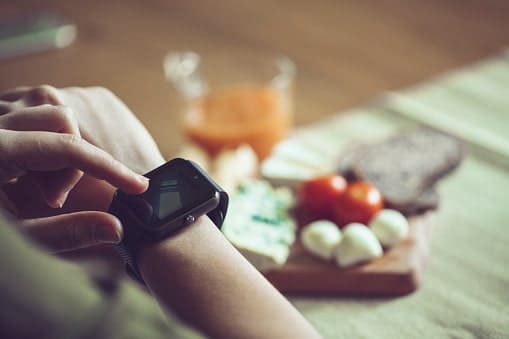Precision Food
The megatrend of individualization is permanently changing our diet from “one-food-fits-all” mass consumption, to personalizable soft drink cans and self-assembling muesli mixes, to hyper-personalized diets. Nutrigenomics and DNA profiling, as well as predictive analytics and machine learning, are expected to help enable perfectly-tailored nutrition, precision nutrition. More and more often we read slogans like “Eat according to your genes” or “Your body knows what it needs. Now you can too.” DNA tests by tongue swab or microbiome tests, which can be carried out at home and then sent back to the relevant food producers and service providers, are helpful in this respect. After a few days there is then the very personal diet plan – guaranteed unique. By 2026 alone, the customized nutrition market is forecast to grow to €9 billion.

The functional food trend will gain new momentum in the wake of hyper-personalization, using technology and science to shed its pure marketing image. Due to the increasing desire of people to do something good for their physical and mental health through nutrition, people are becoming more open to functional ingredients and foods. However, these are no longer simply purchased, but tested for scientific soundness (via experts and studies) and effectiveness (via technological applications such as wearables and apps). According to a DLG study, 40 percent of consumers in Germany can very well imagine using personalized foods that are specially adapted by manufacturers to their individual nutritional needs.

Best Practices: VIOME, MYMÜSLI, GENOPALATE, MYBODYDNA, GUTXY, GINIHEALTH
Photo: NPR, istockphoto